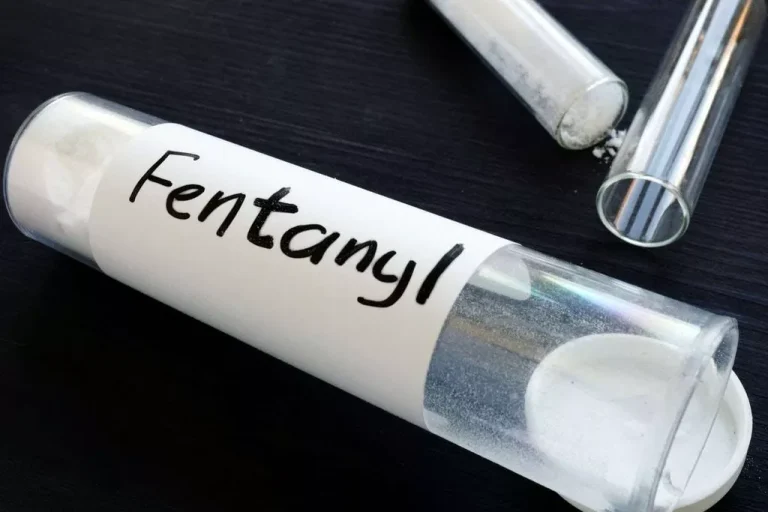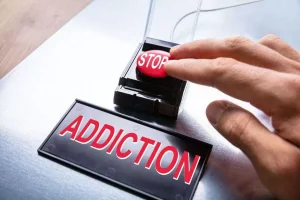
Long-term substance use will cause withdrawal symptoms that need to be treated in a medical detox center. It will also make it difficult for you to stop without professional help. Put simply, a relapse is a return to drug or alcohol use after a period of sobriety. Suppose you’ve gone through significant transformations after completing rehab the first time.

Should I Go Back To Rehab After A Drug Or Alcohol Relapse?
- Focus on what you can control – your performance, how you help others, and trying to get better at all that you do – and let the rest go.
- There are other treatment options available for those who can’t afford rehab or cannot be removed from their daily life due to current responsibilities or previous commitments.
- Now you’re coming out of rehab and asking to pick up the broken threads of old relationships.
- Sometimes you master them all at once, but for others, mastery happens more slowly.
- Be grateful for that chance and that opportunity to re-establish yourself.
- Because relapse puts you at risk of physical injury, legal issues, and even overdose-related deaths, you should always return to rehab after you experience a physical relapse.
People who have exhausted these options will often need to find an inpatient program. A lapse is a temporary, often one-time, return to prior drug-use behavior, whereas a going back to rehab relapse is a “full-blown” return to drug or alcohol use after an attempt to quit. But what if your past is a checkered mess of hurt feelings and broken relationships?

The Role of Family and Community in Post-Rehab Recovery
Needs is perfectly OK and needed.Set clear expectations for the employee moving forward. For example, the employee needs to maintain timeliness, deadlines, quotas, or whatever the job role may require. It is OK for the employer to identify observable deficiencies noted (if any) prior to the employee’s leave of absence and state what will be acceptable now that they’ve returned. Early recovery is something to be celebrated, but also nurtured.
Verify Insurance
During rehab, you will not only examine the reasons why you relapsed, but you will also learn how to prevent it from happening again in the future. Some stages, such as the pre-contemplation and contemplation, can last for several weeks or even months before a person takes the action of substance abuse. To determine whether or not you should go back to rehab after a relapse, it can be helpful to understand the different causes of relapse. By identifying the causes of relapse, you can examine your behaviors that led up to your relapse and use that as a learning experience. Relapse and multiple rounds of treatment are not abnormal for those struggling with an addiction. Because of this, https://ecosoberhouse.com/ is not considered a failure.

- There are also booster sessions available at some rehab facilities, which can be ideal for some people who have relapsed after recent treatment.
- Of course, what your day looks like will vary based on the rehab center and its approach, your addiction, and your personal circumstances.
- Your past employer can disclose information about your job performance and the reasons you were let go to a prospective new employer.
- The treatment duration for substance use disorders varies from person to person.
- Relapse rates among recovering alcoholics are between 50 and 90 percent in the first four years after rehab.
You can start back to school after work hours and apply for other jobs, after you’ve mastered the job and put in your time. You are being paid to do a job – do it to the best of your ability, every single day. These first few days and weeks, you are learning the job – and they are learning about you as well. Be genuine, but you don’t have to reveal everything about yourself, including your recovery status, right up front. Let them get to know you at their pace, and make sure you are fulfilling the obligations of the job. Finally, if you’re bringing lunch to work, prep your meals in advance.
Is Going Back to Rehab the Only Option After a Relapse?
